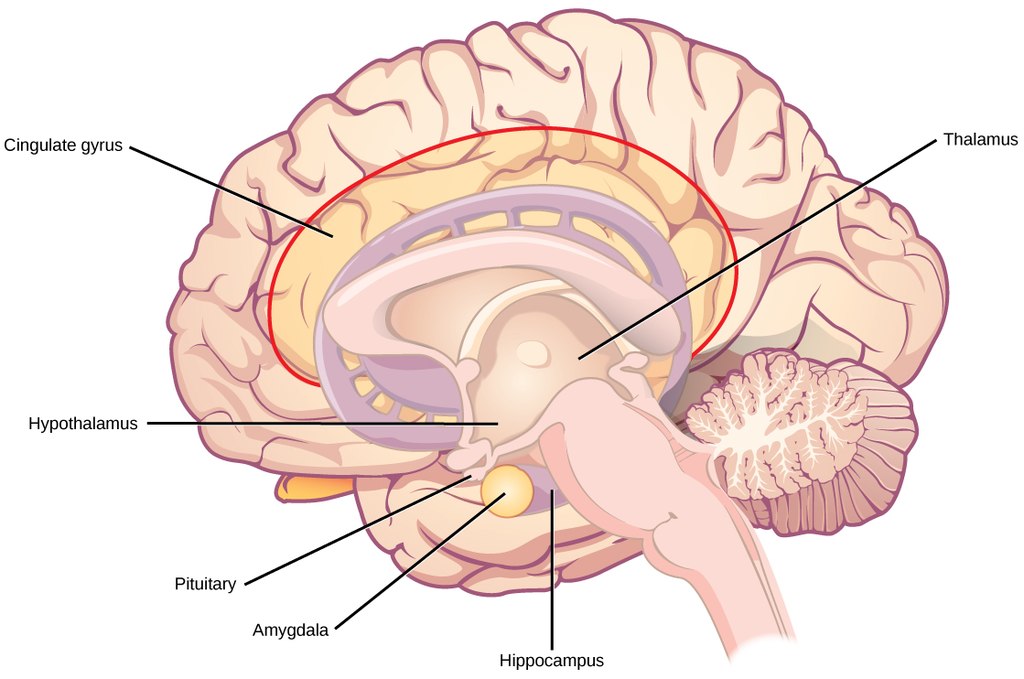What Does ‘Amygdala’ Mean?
The word ‘amygdala’ comes from Greek and means almond (notice the almond shape in the first letter ‘A’ in our Amygdala logo). Anatomically, the amygdala is two almond-shaped clusters of neurons located deep in the centre of the brain in the medial temporal lobes.
As part of the limbic system, the amygdala is the integrative locus for emotions, their regulation, motivation and behaviour. More is being learned about the amygdala all the time. It serves a primary role in memory, judgements and decisions, and emotional responses, especially involving fear, anger, anxiety, aggression and threat responses. It is believed to have a significant role in sexuality, specifically in the way we experience pleasure from sensual experiences, and also gender experience and identification and sexual orientation. Individuals with larger amygdalae correlate positively with the number of social contacts a person has and the complexity of their social networks. It is thought to be a determinant of a person’s emotional intelligence and allows for a greater facility for cooperation with others. It plays a role in binge drinking alcohol and is also damaged by repeated episodes of intoxication. The typical loss of control of the drunk person is indicative of a damaged amygdala, even if only for the period of intoxication.

Image source: CNX OpenStax
The amygdala is the primary structure responsible for threat responses such as fight or flight, collapse and freezing, due to extreme fear, anxiety or panic. Therefore, the amygdala is involved with how the brain processes post-traumatic stress disorder and is especially important in its therapeutic treatment. There is a correlation between a dysfunctional amygdala and the emotional processing of bipolar disorder.
We are being deliberately ironical in our use of the term ‘amygdala’ because psychotherapy is more concerned with the mind than the brain as such and with metaphors of the heart and soul. But all are interrelated and interdependent. There is no mental health without a functional brain and there is no healthy brain without a mentally healthy mind and heart. The irony is we conduct professional relationships with different people, not just brains!
